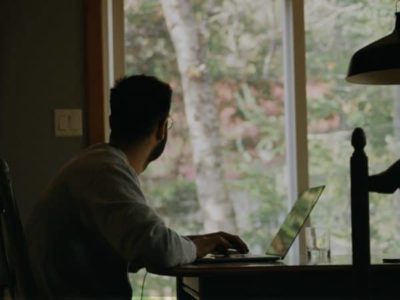An internship is more than a summer occupation or a “three-month” job like experience for a student but rather an opportunity to taste a lifelong career and get real-life assignments. The academic internship cycle starts with job hunting, doing the internship, and it usually ends with review and feedback on internship performance.
Considering the COVID-19 social distancing restrictions, students hardly found traditional internship placements in their preferred organizations. About 22 per cent of hiring organizations cancelled their internships entirely as of May 1, according to the National Association of Colleges and Employers (NACE). In several countries in the world, organizations adopted the remote working function to avoid the spread of Coronavirus and ensure employees’ safety. As a college student who had not done a remote internship before, I can say that the worst part was to get hired remotely and work in a workspace of people who know each other well because they physically worked together before COVID-19.
The remote working experience was twice the learning and twice the accountability. Working virtually got me used to scheduling my time effectively using my calendar, Trello board, and different tools to make sure that I allocate time to various tasks that I needed to accomplish. I had deadlines to meet for several assignments, but I found it useful to assign deadlines to other functions that contributed to my overall outputs. Indeed, you can not overcome all distractions that people get while working from home; thus, people interacting zoom and google meetings, unplanned home obligations, and internet issues. I have found that the best key to preventing poor performance due to random factors is communication. At the beginning of my internship, my work was being slowed down by poor communication. I kept away understandable issues that were affecting my daily outputs. In remote working, communication is always the key.
Another critical skill that made me a helpful contributor to our team is time management. To ensure that the work-life didn’t compromise my home-life, I allocated time effectively to my home obligations and the time I spend with my family as I did for work. I felt connected with my teammates and the organization in general even if I heard from my classmates that the fact that they got hired remotely and worked remotely made them less committed to their companies.
In my company, I saw that when clear expectations are set, effective communication is established, and self-accountability is ensured, remote working can be as productive as physical working. Working from home showed me that an organization doesn’t necessarily need a physical setting to function.






